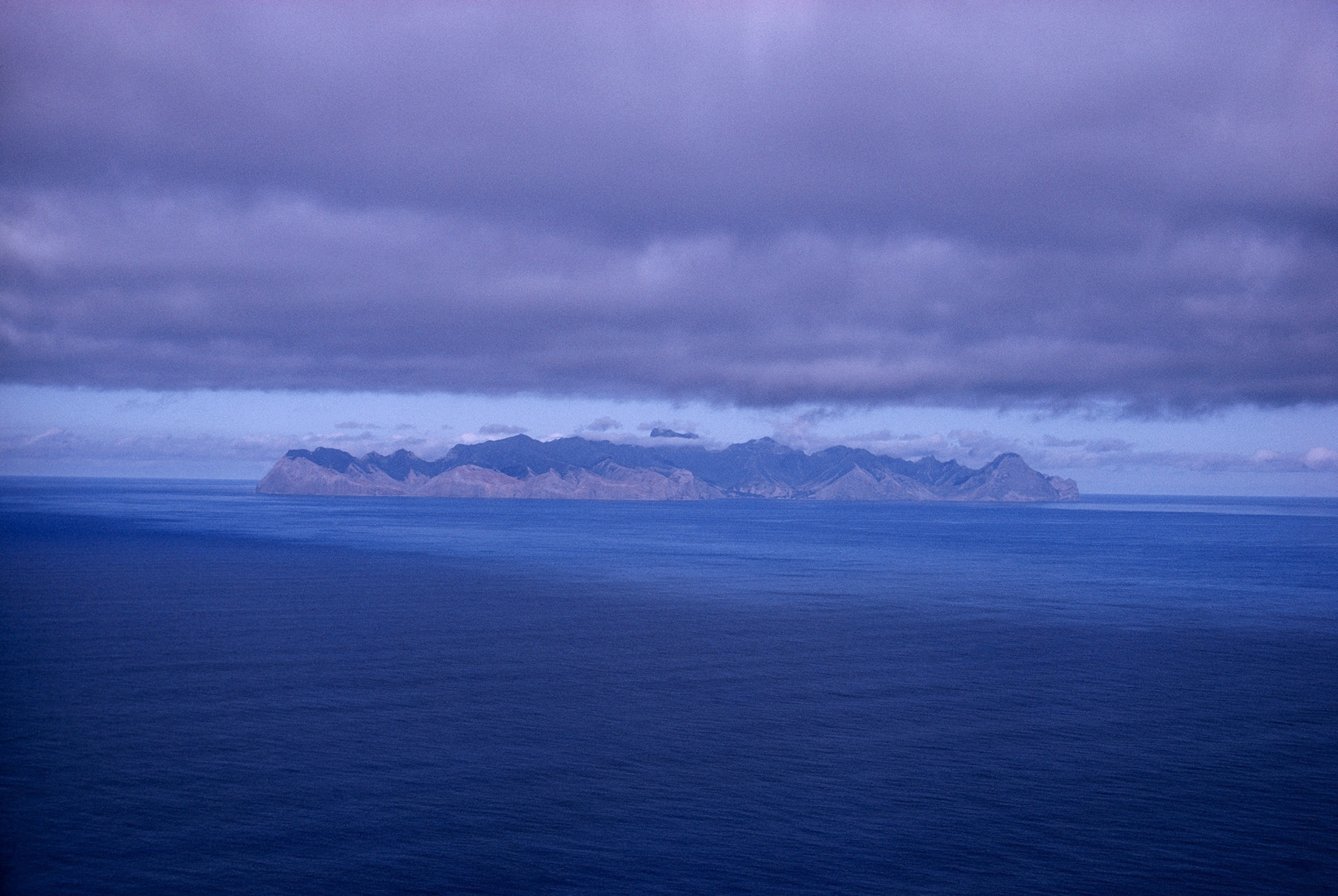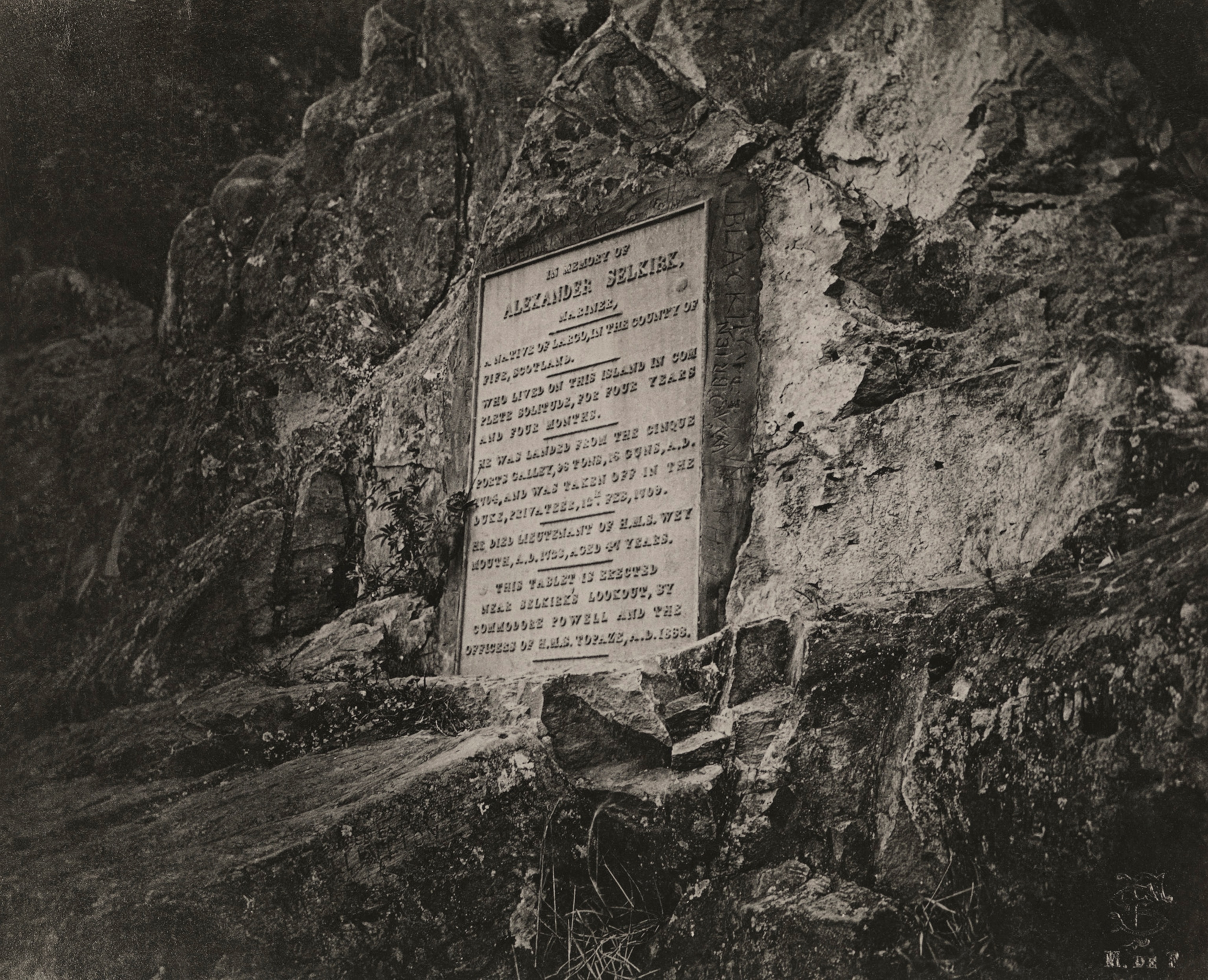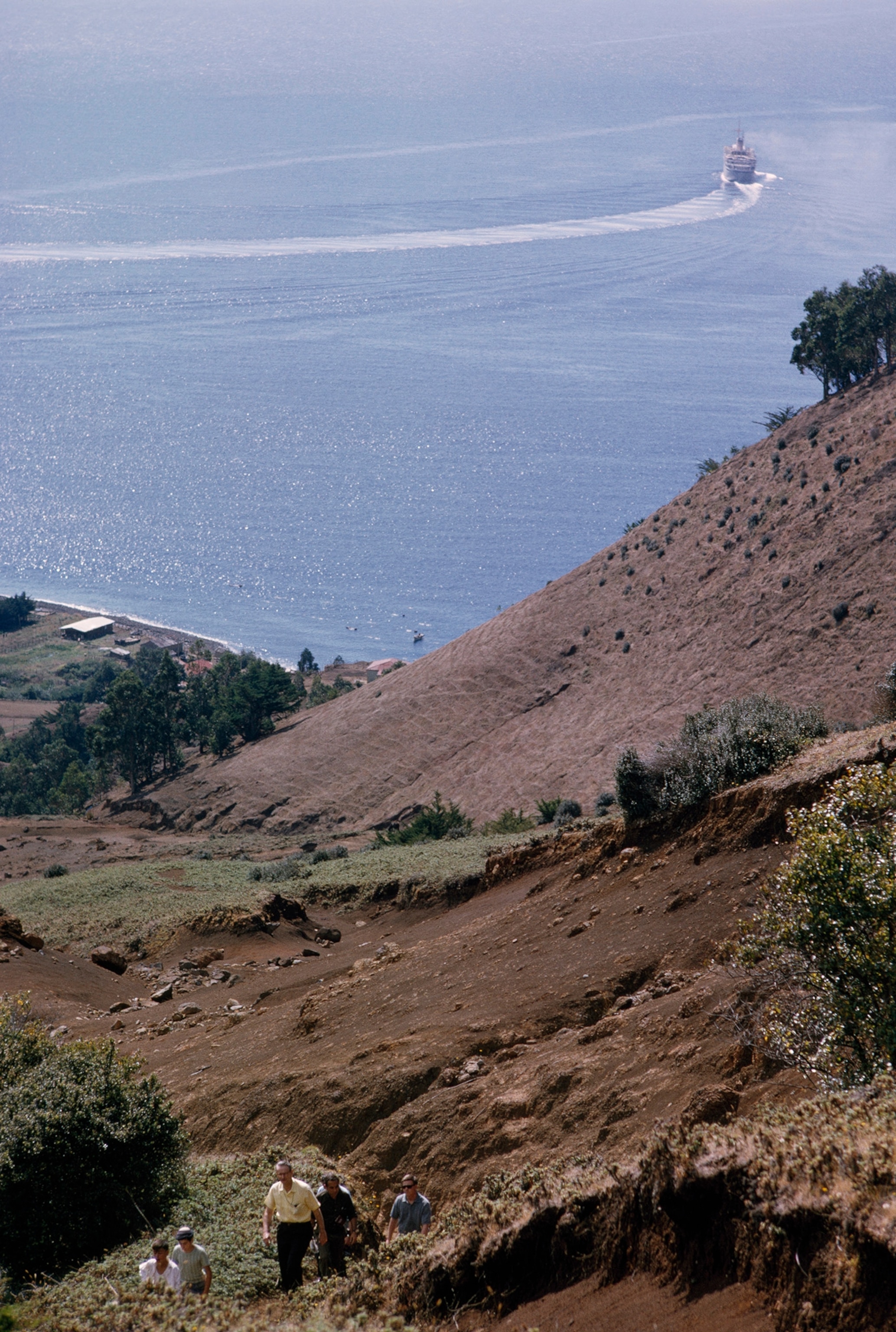
Debunking the Myth of the ‘Real’ Robinson Crusoe
Alexander Selkirk was marooned on an island for more than four years. But his story was very different from the famous novel.
For centuries, the English-speaking world has been enchanted by stories of people trapped on islands. Think Lord of the Flies, Cast Away, or even Gilligan’s Island.
Real-life buccaneer survival narratives were a major literary genre when Daniel Defoe published his hit novel Robinson Crusoe in 1719. Defoe was influenced by these narratives, and his resulting novel about a shipwrecked Englishman both mirrored and transformed the genre. In its first year, the novel went through several printings to meet public demand.
After Defoe’s death in 1731, some readers claimed the novel was inspired by Alexander Selkirk, a Scottish buccaneer who’d spent four and a half years on an island by himself. Today, many writers claim a connection between Selkirk and Crusoe.
But the idea that there’s a single, real Crusoe is a “false premise,” says Andrew Lambert, a naval history professor at King's College London and author of Crusoe’s Island. That’s because Crusoe’s story is “a complex compound of all the other buccaneer survival stories.”
“Selkirk is definitely not accepted as the major source, or even one of the top five,” says Paula Backscheider, an English scholar at Auburn University and author of Daniel Defoe: His Life. “Robinson Crusoe is a long book and it is incorrect in dozens of ways to give Selkirk as the major source.”

Many of these other survival stories featured people shipwrecked or marooned on islands, she notes. The men and women in some of these stories interacted with tribes who lived on the islands they landed on, or used their time on these islands to trade or make things—all qualities that are more similar to Crusoe’s story than Selkirk’s.
Take Robert Knox, for example. After his shipwreck on Ceylon, now Sri Lanka, he was held captive for 20 years (closer to the amount of time that Crusoe spent on an island).
“He started his own little corn business,” Backscheider says. “He even made little wool caps, and Defoe knew him personally.” This and other tales suggest that there were many people who influenced Defoe.
Backscheider says Defoe scholars are tired of the assumption that Selkirk’s story was the inspiration for Crusoe, rather than just one of many survival narratives that Defoe knew about. When people bring it up to them, “we just giggle,” she says.
With that in mind, here are a few ways in which Selkirk, who had an extraordinary tale in his own right, differed from the famous, fictional Crusoe—plus one unusual similarity between the two.

He Wasn’t Shipwrecked
In Robinson Crusoe, the hero is the sole survivor of a shipwreck. He lands on an island by accident—but Selkirk chose to be left on an island.
Selkirk was a crew member on the Cinque Ports when it stopped at Más a Tierra, one of the Juan Fernández Islands off the coast of Chile, in 1704. There, Selkirk had an argument with the captain because he didn’t think that the ship was safe enough to keep sailing. Instead of leaving with the crew, Selkirk marooned himself on the island.
“The ship itself was in poor condition and he believed it would sink, which indeed it did,” Lambert says. “So his basis for putting himself ashore was quite sound. The ship sank and half the crew drowned.”
Selkirk thought that another English ship would sail by within the next few weeks or months, and that he would soon be riding the seas again. Unfortunately, that ship he was waiting for didn’t arrive for four and a half years.
He Was a Pirate
Before marooning himself on Más a Tierra, Selkirk looted Spanish ships and coastal cities in South America with the Cinque Ports. That’s because, unlike Crusoe, Selkirk was a pirate.

In fact, one of the critical differences between Robinson Crusoe and earlier survival narratives like Selkirk’s is that its main character isn’t a pirate.
“The economic and dynamic thrust of the book is completely alien to what the buccaneers are doing,” Lambert says. “The buccaneers just want to capture some loot and come home and drink it all, and Crusoe isn’t doing that at all. He’s an economic imperialist. He’s creating a world of trade and profit.”
He Was Alone
While Selkirk’s island was uninhabited, the island that Crusoe landed on was home to a tribe of people. One of the most important characters in the book—besides Crusoe himself—is Friday, a member of the tribe. (Friday is also the origin of the antiquated phrases man Friday and girl Friday.)
Lambert thinks the character of Friday was partly inspired by a real-life Miskito Indian named Will, who was marooned and rescued on Más a Tierra two decades before Selkirk. Will’s story, he says, was recorded by buccaneer William Dampier (who was also aboard the ship that saved Selkirk and the ship that Selkirk had originally deserted).
“The elaborate dance that Friday and his father do on the beach in Crusoe is the meeting of two Miskito Indians on the beach at Juan Fernández,” says Lambert. “Defoe’s lifted that straight from Dampier, not from Selkirk, and that story predates Selkirk.”
A Modern Connection
In the 1960s, Chile changed the name of Más a Tierra, the island that Selkirk was marooned on, to Robinson Crusoe Island because of the presumed connection between Selkirk and Crusoe (it’s worth noting that the island in Robinson Crusoe has some Caribbean characteristics). They also changed the name of Más Afuera, a different island, to Alejandro Selkirk Island, even though Selkirk was never marooned there.
These name changes, Lambert suspects, had a lot to do with promoting tourism. Yet they also created a strange irony.
The fictional Crusoe never landed on the island named after him, just as Selkirk wasn’t marooned on the island that bears his name. In a way, it mirrors the reality that Crusoe and Selkirk don’t really have much to do with each other.